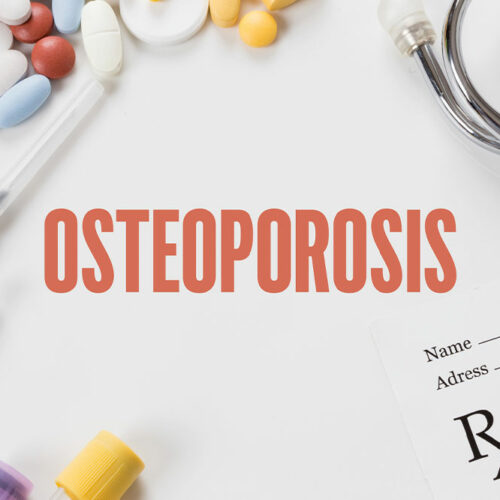Natural Factors and Health Conditions that Increase the Risk of Osteoporosis

Osteoporosis leads to the loss of bone mass and bone mineral density. It causes the bones to become weak and brittle from the inside, making them more porous. Once individuals reach a certain age, the natural process of bone regeneration slows down, resulting in loss of bone loss, especially in the event of physical injury. With osteoporosis, the bones become more prone to fracture even during routine activities like walking, bathing, and standing. Risk factors associated with osteoporosis Various factors increase a person’s chances of developing osteoporosis. Some of these aspects can be modified, while others are hard to avoid. For example, the body absorbs old bone tissues and produces new ones so that it can maintain the strength and density of the bones and, thereby, the structural integrity. As a person grows older, the bone breaks faster than it rebuilds itself. If this breakdown occurs excessively, bone loss progresses to osteoporosis. This disease can affect both men and women but is more likely to affect women after menopause. This happens due to a sudden decrease in estrogen. Here are some unavoidable factors that increase the risk of osteoporosis- Age The risk of developing osteoporosis increases after the mid-30s. This happens mostly with women after menopause.






